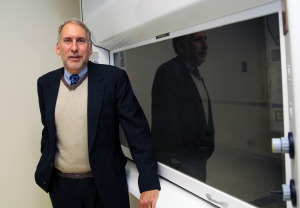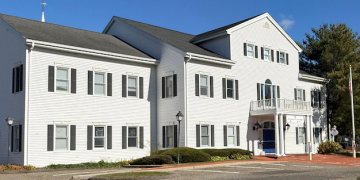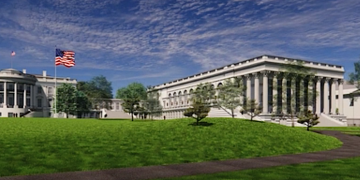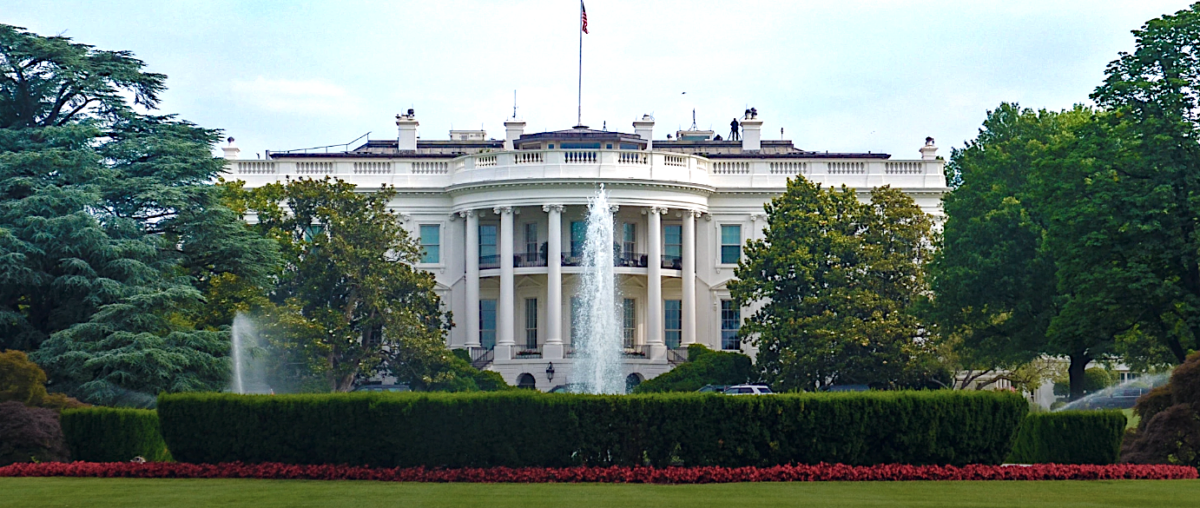“The best way to predict the future of American medicine is to invent it ourself,” Dr. Edward C. Halperin, chancellor and CEO of New York Medical College, told an audience gathered Oct. 29 for a ribbon-cutting outside a long-vacant research building transformed by a $17 million renovations project on the school”™s Valhalla campus.
Partnering with state and local government officials and biotechnology entrepreneurs, New York Medical College will provide the workspace and workforce training suites, shared lab equipment and academic resources to aid that invention at BioInc@NYMC, a biotechnology business incubator that has opened at 7 Dana Road. Formerly the headquarters of the private American Health Foundation, whose founder did pioneering public health research linking tobacco use to lung cancer, the 120,000-square-foot building was acquired at auction eight years ago by the college for $2.6 million.

The approximately 4,300-square-foot incubator facility ”“ which has an additional 5,500 square feet of undeveloped space for future expansion ”“ is expected to have its first tenants move in this fall, Halperin said.
Those entrepreneurs could reap the benefits of the state”™s new Start-Up NY program on school campuses. Halperin said the college has applied for designation as a Start-Up NY zone. Companies accepted in the zone will pay no state taxes for 10 years and their employees will be entirely exempt from state personal income taxes for five years and pay taxes only on higher income levels for another five years. The Valhalla school would join Iona College and The College of New Rochelle as the first academic sponsors of Start-UP NY zones in Westchester County.
Dr. Alan Kadish, president and CEO of Touro College and University System, the medical college”™s owner, said the incubator”™s likely first tenants include companies developing new techniques for wound care and a natural therapy for chemotherapy-induced vomiting, a startup focused on cardiopulmonary resuscitation, and New York Medical College faculty members working on viral vaccines.
The Dana Road building also is home to the college”™s new Clinical Skills and Disaster Medicine Training Center, a 21,000-square-foot facility that opened earlier this year.
The $5 million incubator is part of the $17 million building renovations project for which the private health sciences school has been awarded about $8.5 million in state and federal government funding. New York has backed the project with a total of $7.9 million from Empire State Development and from the Generating Employment Through New York Science program. The federal Economic Development Administration provided additional funding to construct a science-business training center for which the medical college is partnering with Westchester Community College”™s division of continuing education and workforce development.
Halperin, who visited several biotech incubators on university campuses to incorporate their best practices in the Valhalla operation, said BioInc@NYMC could accommodate up to 10 tenants. Incubator tenants typically sign six-month to one-year leases, he said.
Halperin said the incubator also could include members who do not need physical space for their startups but want access to seminars and other resources at the facility.
Laurence Gottlieb, president and CEO of the Hudson Valley Economic Development Corp., noted that NY BioHud Valley, a private-public marketing effort led by HVEDC to establish the seven-county valley region as the biotech industry”™s East Coast epicenter, was launched at New York Medical College in 2010. “We were the father of this whole initiative” to open a biotech incubator on the campus, he said.
“You can”™t have a growing biotech cluster without viable biotech incubator space,” Gottlieb said. “Incubators are failure factories, and that”™s a good thing.” For startup entrepreneurs, “We provide this net under the tightrope” they walk when launching their companies. “Incubators play a very important part because they allow people to fail and to experiment.”
Halperin in remarks prepared for the opening said the incubator is in a building “with an honorable history which portends well for the future.” It was built by the late Dr. Ernst Wynder, a public health researcher and epidemiologist who collected and published some of the earliest data linking cigarette smoking and lung cancer.
“We look forward to commercialization of biotechnology emerging from the building to benefit the public,” he said.
















Comments 1